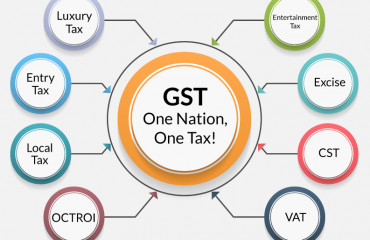
Indian exporters have urged the government to extend the rupee payment mechanism to more countries, and restore the 18% goods and services tax (GST) exemption on export freight amid the World Trade Organization (WTO)’s forecast hinting at a sharp decline in global trade next year.
With the exemption coming to an end on 30 September, exporters would have to pay GST on export ocean freight, which traders fear will adversely impact overseas shipments and add to liquidity challenges. "The non-extension of notification relating to GST exemption on freight for exports caused uncertainty, adding to the liquidity challenges of exporters," Federation of Indian Export Organizations (FIEO) said during a meeting with commerce minister Piyush Goyal on Friday. Exporters said overseas freight has jumped 300-350% from pre-covid levels and, despite the marginal correction in rates of late, it is still 200-250% more than the 2019 levels. GST on export freight is revenue-neutral as exporters can claim a refund after making the payment. The withdrawal of exemption may increase liquidity for the government, but it will be at the cost of the exporters, FIEO said. "Since cost of credit for exporters is very high, an exemption will help the export sector to have better liquidity, which is the need of the hour," it said. Highlighting the healthy growth seen in some markets, such as Latin America and Africa, it was informed that the evolving economic and geo-political environment required the industry to be attentive and optimistic so that growth opportunities in such new markets are not missed, the commerce and industry ministry said. "Industry participants were assured that the government is committed to address the issues raised by them. Minister Goyal urged the industry to implement innovative ways of marketing, increase quality standards and take full benefit of the free trade agreements to achieve higher export growth in this financial year," it added. On tightening liquidity conditions globally, exporters urged the Centre to introduce an export refinance facility on the grounds that interest rates in many competing countries are much lower.
FIEO said the increase in repo rate has its bearing on the base rate of banks and, consequently, on the lending rates for export credit.
"The base rate of SBI was 8.7% which is likely to be at 9.4% after the increase in the repo rate. The base rate of many banks will be much above the base rate of SBI pushing the export credit rate in rupee." The ministry acknowledged the industry's concerns related to the rising of cost of raw materials and assured that it would look into the exporters' demands.
